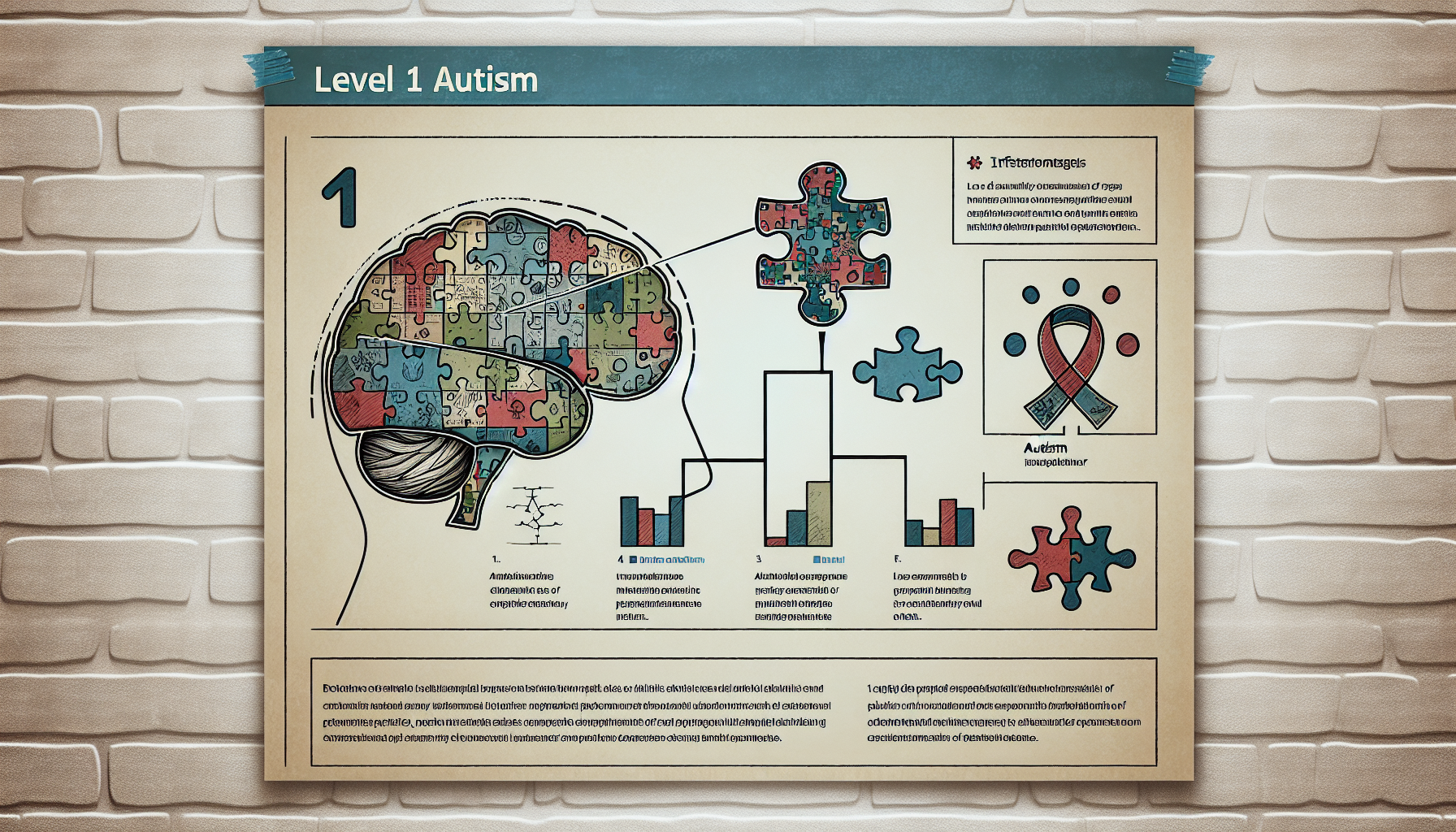Empowering Adults with Autism through Treatment
Unlocking empowerment for autistic adults through tailored treatment approaches. Discover effective strategies for autism treatment today.

Understanding Autism Treatment
When it comes to autism treatment, it's essential to have a comprehensive understanding of the various approaches available to support individuals with autism spectrum disorder (ASD). This section provides an overview of autism treatment and emphasizes the importance of tailored approaches for optimal outcomes.
Overview of Autism Treatment
Autism treatment encompasses a range of interventions and therapies designed to address the unique needs of individuals with ASD. The goal of treatment is to enhance their quality of life, promote social and communication skills, and reduce challenging behaviors. It's important to note that there is no one-size-fits-all approach to autism treatment. Each individual has distinct strengths, challenges, and preferences that require personalized strategies.
Treatment plans for autism often involve a multidisciplinary approach, involving professionals from various fields such as psychology, speech therapy, occupational therapy, and behavioral therapy. These professionals collaborate to provide a comprehensive and holistic approach to address the diverse needs of individuals with autism.

Importance of Tailored Approaches
Tailored approaches are essential in autism treatment as they recognize the uniqueness of each individual's strengths, challenges, and preferences. What works for one person with autism may not be effective for another. Therefore, treatment plans should be customized to meet the specific needs of the individual.
By tailoring treatment approaches, professionals can focus on addressing core symptoms of autism, such as communication difficulties, social challenges, and repetitive behaviors. Additionally, customized interventions can target co-occurring conditions that often accompany autism, such as anxiety, ADHD, or depression.
Tailored approaches also consider the developmental stage and age of the individual. Treatment strategies for children may differ from those for adults, as the goals and priorities may vary. In the case of adults with autism, treatment may focus on enhancing independent living skills, vocational training, and social integration.
Moreover, tailored approaches extend beyond the individual with autism. They involve collaboration with families, caregivers, and healthcare providers. The involvement of these stakeholders ensures that treatment plans are inclusive, effective, and supportive of the individual's overall well-being.
In conclusion, understanding autism treatment involves recognizing the diverse range of interventions available and the importance of tailoring these approaches to meet the unique needs of individuals with ASD. By embracing personalized strategies, individuals with autism can receive the specific support they need to thrive and overcome challenges associated with the condition.
Anxiety Management for Autistic Adults
Anxiety is a common co-occurring condition in autistic adults, with up to 50% of them experiencing an anxiety disorder. This rate is twice as high as that of neurotypical adults. It is essential to address anxiety in autistic adults as untreated or poorly treated anxiety can lead to depression, aggression, and self-harm.
Impact of Anxiety on Autistic Adults
Anxiety can have a profound impact on the daily lives of autistic adults. It can exacerbate sensory sensitivities, social difficulties, and communication challenges commonly associated with autism. Additionally, anxiety can contribute to difficulties in managing transitions and changes, leading to increased stress levels and decreased overall well-being. Autistic individuals may experience anxiety differently from neurotypical individuals due to structural differences in the amygdala, a brain region involved in processing emotions.
Cognitive Behavioral Therapy (CBT)
Cognitive Behavioral Therapy (CBT) is a commonly used approach in treating anxiety in autistic adults. CBT focuses on identifying and challenging negative thought patterns and beliefs that contribute to anxiety. Through structured sessions, individuals learn coping strategies and develop skills to manage anxiety-provoking situations. However, it is important to note that while CBT can be effective for many autistic adults, some individuals may not find it helpful and may prefer other strategies to manage their anxiety.
Interoception Therapy
Interoception therapy is another approach that can be used to address anxiety in autistic adults. This therapy emphasizes the connection between bodily sensations and emotions. It involves helping individuals identify and understand the physical, mental, and emotional sensations associated with anxiety. Controlled exercises are then used to recreate these sensations in a safe and supportive environment. By increasing interoceptive awareness, individuals can develop strategies to regulate their emotions and manage anxiety [1].
In addressing anxiety in autistic adults, it is crucial to recognize the individual's unique needs and preferences. Tailoring anxiety management approaches to meet the specific requirements of autistic individuals can lead to more effective outcomes. By providing support and utilizing evidence-based therapies like CBT and interoception therapy, autistic adults can develop the necessary skills to manage their anxiety and improve their overall well-being.
Occupational Therapy for Autistic Adults
Occupational therapy plays a crucial role in supporting autistic adults by addressing their unique needs and promoting their overall well-being. This section explores the importance of neurodiversity-positive approaches, key strategies used in occupational therapy, and the significance of advocating for autistic identities.
Neurodiversity-Positive Approaches
In occupational therapy for autistic individuals, there is a growing focus on neurodiversity-positive approaches. This approach emphasizes supporting autistic identities rather than attempting to "fix" or make autistic individuals indistinguishable from their neurotypical peers. Autistic adults advocate for changing environments or tasks to promote participation and setting goals that address self-advocacy and autonomy.
By embracing neurodiversity-positive approaches, occupational therapists can create a supportive and inclusive environment that respects and celebrates the unique strengths and abilities of autistic adults. This approach recognizes that each individual's journey is different and values goals that prioritize the happiness and well-being of autistic individuals.
Key Strategies in Occupational Therapy
Occupational therapy practitioners employ various strategies to support autistic adults in their daily lives. One widely used model is the Person-Environment-Occupation (PEO) Model. This model considers the person, their environment, and their occupations, and examines how these factors interact to identify areas in need of intervention and support.
Occupational therapists also focus on modifying task demands and the environment to address the specific needs of autistic adults and enhance their participation. By adapting tasks and surroundings, occupational therapists empower autistic adults to engage in activities that align with their abilities and preferences.
Additionally, goals in occupational therapy for autistic adults should emphasize self-advocacy and autonomy. It is important to empower autistic individuals to make their own choices, express their wants and needs, and develop the skills necessary to navigate daily life successfully [2].
Advocating Autistic Identities
Advocating for autistic identities is a fundamental aspect of occupational therapy for autistic adults. It involves recognizing and valuing the unique strengths, perspectives, and experiences of autistic individuals. Occupational therapists play a vital role in advocating for the needs of autistic adults, reducing stigma and discrimination, and promoting a neurodiversity-affirming environment.
By supporting autistic individuals in embracing their identities, occupational therapists can contribute to their mental well-being and overall quality of life. This involves fostering a culture of acceptance, understanding, and appreciation for neurodiversity. By recognizing and bolstering the strengths of autistic adults, occupational therapy can facilitate their active participation in society and help them lead fulfilling lives.
Occupational therapy for autistic adults focuses on empowering individuals to navigate their daily lives, develop essential skills, and achieve their full potential. By employing neurodiversity-positive approaches, utilizing key strategies, and advocating for autistic identities, occupational therapists can make a significant difference in the lives of autistic adults, empowering them to break barriers and thrive.
Mental Healthcare for Autistic Adults
When it comes to mental healthcare for autistic adults, there are several important considerations to keep in mind. Autistic adults often utilize mental healthcare services more frequently than non-autistic adults, seeking treatment for conditions such as ADHD, anxiety, depression, and OCD [4]. In this section, we will explore the utilization of mental healthcare services by autistic adults, the challenges they face in accessing such care, and the importance of provider knowledge in delivering effective treatment.
Utilization of Mental Healthcare Services
Autistic adults tend to use mental healthcare services more than the general population and other diagnostic groups. In fact, they are twice as likely as adults with other developmental disabilities and almost 12 times as likely as adults without developmental disabilities to see a psychiatrist in the past year [4]. This utilization of mental healthcare services highlights the importance of addressing the unique mental health needs of autistic individuals.
Challenges in Accessing Mental Healthcare
Despite the high utilization of mental healthcare services by autistic adults, there are significant challenges in accessing the care they need. Autistic adults often encounter barriers such as limited availability of providers trained in working with autistic adults and a lack of providers knowledgeable about autism. Additionally, navigating the complex healthcare system can be overwhelming and discouraging, contributing to unmet mental healthcare needs among autistic adults [4].
The healthcare system itself presents obstacles, including complex steps to access care, long wait lists, high costs, and the impact of the global coronavirus pandemic. These barriers further hinder autistic adults from receiving the mental healthcare they require.
Importance of Provider Knowledge
Providers who are knowledgeable about autism and tailor their care to meet the specific needs of autistic adults play a crucial role in mental healthcare. Autistic individuals require care that recognizes and accommodates their unique strengths, challenges, and sensory sensitivities. By understanding the nuances of autism and employing person-centered approaches, providers can create a safe and supportive environment for autistic adults to receive effective mental healthcare.
Having providers who are well-versed in autism allows for a more comprehensive understanding of the individual's needs, ensuring that treatment approaches are suitable and effective. Provider knowledge also helps in addressing co-occurring conditions and tailoring interventions to support the overall well-being of autistic adults.
In conclusion, while autistic adults utilize mental healthcare services more frequently than their non-autistic counterparts, they often face challenges in accessing the care they need. The limited availability of providers knowledgeable about autism, the complexity of the healthcare system, and other barriers contribute to unmet mental healthcare needs among autistic adults. It is crucial for providers to possess the necessary knowledge and expertise to deliver effective treatment that is tailored to the unique needs of autistic individuals.
Medication Options for Autism
While there is no medication that can cure autism spectrum disorder (ASD) or all of its symptoms, certain medications can help treat specific symptoms associated with ASD, particularly certain behaviors. It's important to note that medication is most effective when used in combination with behavioral therapies [5]. In this section, we will explore the role of medication as a complement to behavioral therapies in the treatment of autism.
Complementing Behavioral Therapies
Medication can be used to complement behavioral therapies in the treatment of autism. While behavioral therapies focus on teaching individuals with autism new skills and strategies, medication can help manage specific symptoms that may hinder progress. For example, certain medications can be prescribed to address irritability, repetitive behaviors, or sleep disturbances that are commonly associated with autism.
It's important to understand that medications prescribed for easing autism symptoms are often used off-label, meaning they are primarily approved for other conditions such as ADHD, sleep disturbances, or depression. For instance, selective serotonin reuptake inhibitors (SSRIs) like fluoxetine, which are approved for anxiety and depression, may help with social difficulties in some individuals with autism. Medication should always be prescribed and monitored by a qualified healthcare professional experienced in treating autism.
FDA-Approved Medications
Currently, there are a few FDA-approved medications available that have shown benefits in treating certain symptoms associated with autism. Risperidone and aripiprazole, approved by the FDA for irritability, have been found to improve sociability and reduce negative behaviors in some individuals with autism. However, it's important to note that responses to medications can vary among individuals, and all medications carry potential side effects.
Naltrexone, an FDA-approved medication for alcohol and opioid addictions, has also shown promise in alleviating repetitive and self-injurious behaviors in certain children and adults with autism. As with any medication, it is crucial to discuss potential benefits and risks with a healthcare provider who specializes in autism treatment.
Promising Compounds in Clinical Trials
Researchers are continuously exploring new medication options for autism. Currently, there are compounds being tested in clinical trials that aim to normalize crucial brain functions involved in autism. These compounds, with different mechanisms of action, show promise in potentially offering new medication options for individuals with autism. However, it's important to note that FDA approval for these compounds may require additional safety and effectiveness studies, which may take a few more years.
It's essential to consult with healthcare professionals who specialize in autism treatment to discuss the potential benefits and risks of any medication options. They can provide guidance on whether medication is appropriate for an individual with autism and help determine the most suitable treatment plan based on their specific needs.
Social and Community Participation
For adults with autism, social and community participation is an important aspect of their overall well-being and quality of life. It involves engaging in activities, building relationships, and being actively involved in the community. In this section, we will explore strategies and interventions that can promote social engagement, increase participation, and enhance skills and capacity for adults with autism.
Strategies for Social Engagement
To facilitate social engagement, it is essential to implement strategies that help individuals with autism identify and connect with participation opportunities. Person-centered planning (PCP) is a valuable approach that focuses on the individual's strengths, preferences, and goals. By involving the individual in the planning process, PCP supports the development of meaningful participation options and promotes self-determination.
Skilled individualized support is another effective strategy for fostering social engagement. This involves providing tailored assistance to individuals with autism to enable their active involvement in social activities and community events. Support workers or professionals trained in autism-specific strategies can play a crucial role in facilitating social interactions, building social skills, and enhancing communication.
Interventions for Participation
Interventions that target participation opportunities or activities can significantly impact the social and community involvement of adults with autism. These interventions focus on creating inclusive environments and providing accessible opportunities for individuals to engage in meaningful activities. Examples include social clubs, recreational programs, community-based organizations, and volunteering opportunities.
Person-centered planning supports to connect with opportunities have proven to be effective in enhancing social and community participation outcomes. This approach helps individuals with autism identify their interests, preferences, and goals, and then provides support in connecting them with relevant participation opportunities.
Building Skills and Capacity
Building skills and capacity is crucial for adults with autism to enhance their social and community participation. Support programs that focus on skill development can help individuals improve their social interaction abilities, communication skills, and problem-solving capabilities. These programs may include social skills training, cognitive-behavioral therapy, and vocational training.
Furthermore, building capacity also involves creating inclusive communities that accept and value neurodiversity. Educating the community about autism, promoting acceptance, and reducing stigma can create an environment that is supportive and inclusive for individuals with autism. Advocating for autistic identities and encouraging the understanding of diverse perspectives can contribute to a more inclusive society.
In summary, promoting social and community participation for adults with autism requires a multi-faceted approach. Strategies for social engagement, interventions focusing on participation opportunities, and building skills and capacity are all crucial elements in empowering adults with autism to actively participate in society. By implementing these approaches, we can create a more inclusive and supportive environment that allows individuals with autism to thrive.
References
- https://www.autismspeaks.org/blog/autism-and-anxiety-treatment-options-adults
- https://www.ncbi.nlm.nih.gov/pmc/articles/PMC10018055/
- https://www.ncbi.nlm.nih.gov/pmc/articles/PMC10162488/
- https://www.ncbi.nlm.nih.gov/pmc/articles/PMC9376572/
- https://www.nichd.nih.gov/health/topics/autism/conditioninfo/treatments/medication-treatment
- https://www.autismspeaks.org/medications-autism
- https://www.ncbi.nlm.nih.gov/pmc/articles/PMC9397886/
Find More Articles
Contact us
North Carolina, Tennessee, Nevada, New Jersey, Utah, Virginia
New Hampshire, Maine
Massachusetts, Indiana, Arizona, Georgia
.avif)





























.jpeg)














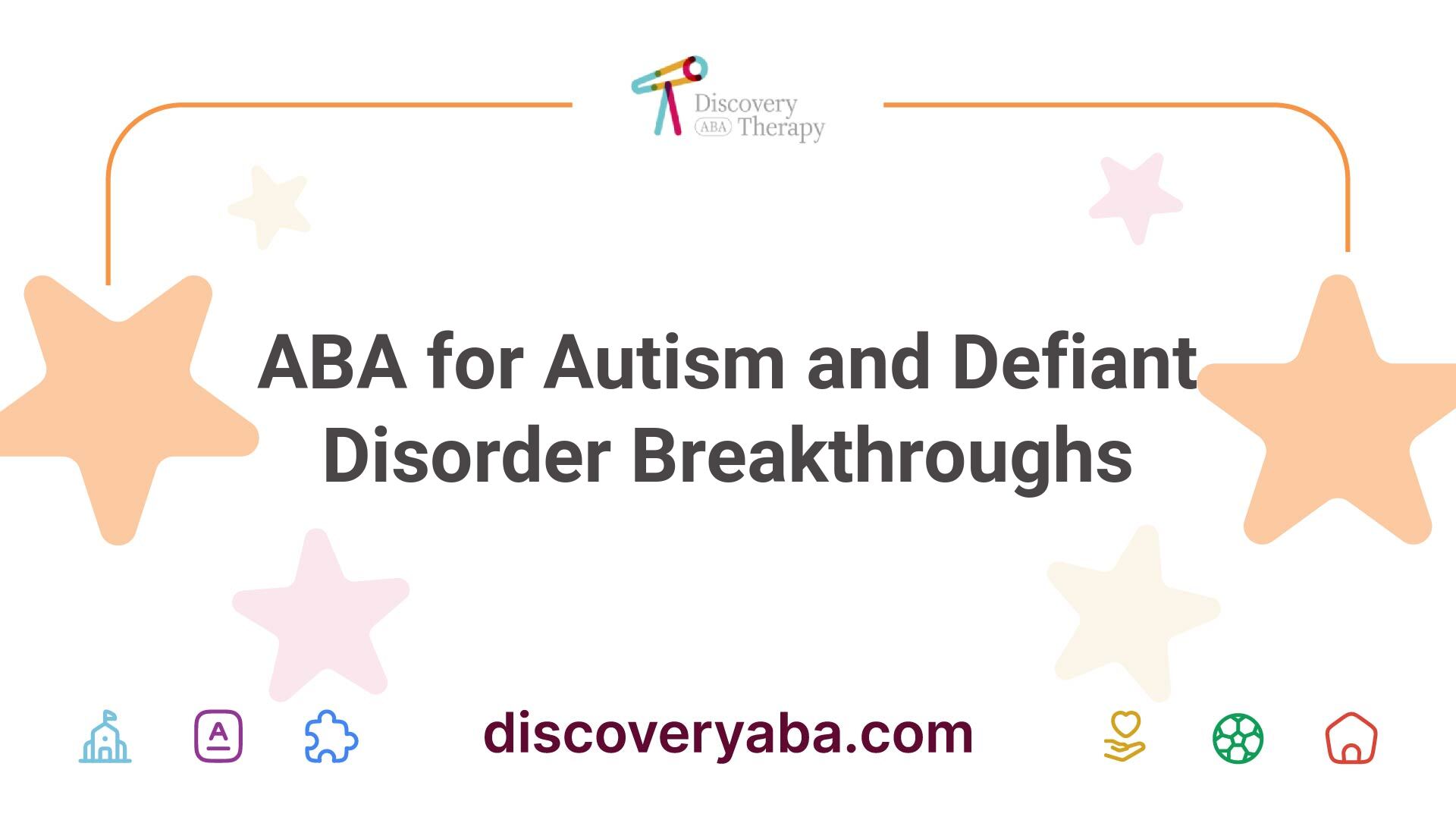







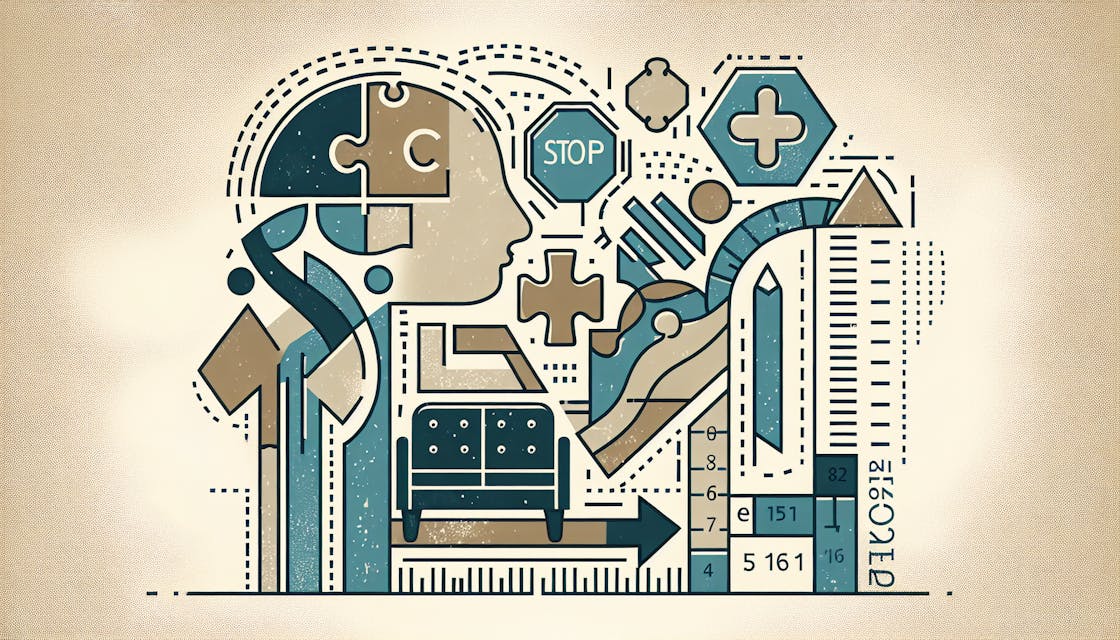




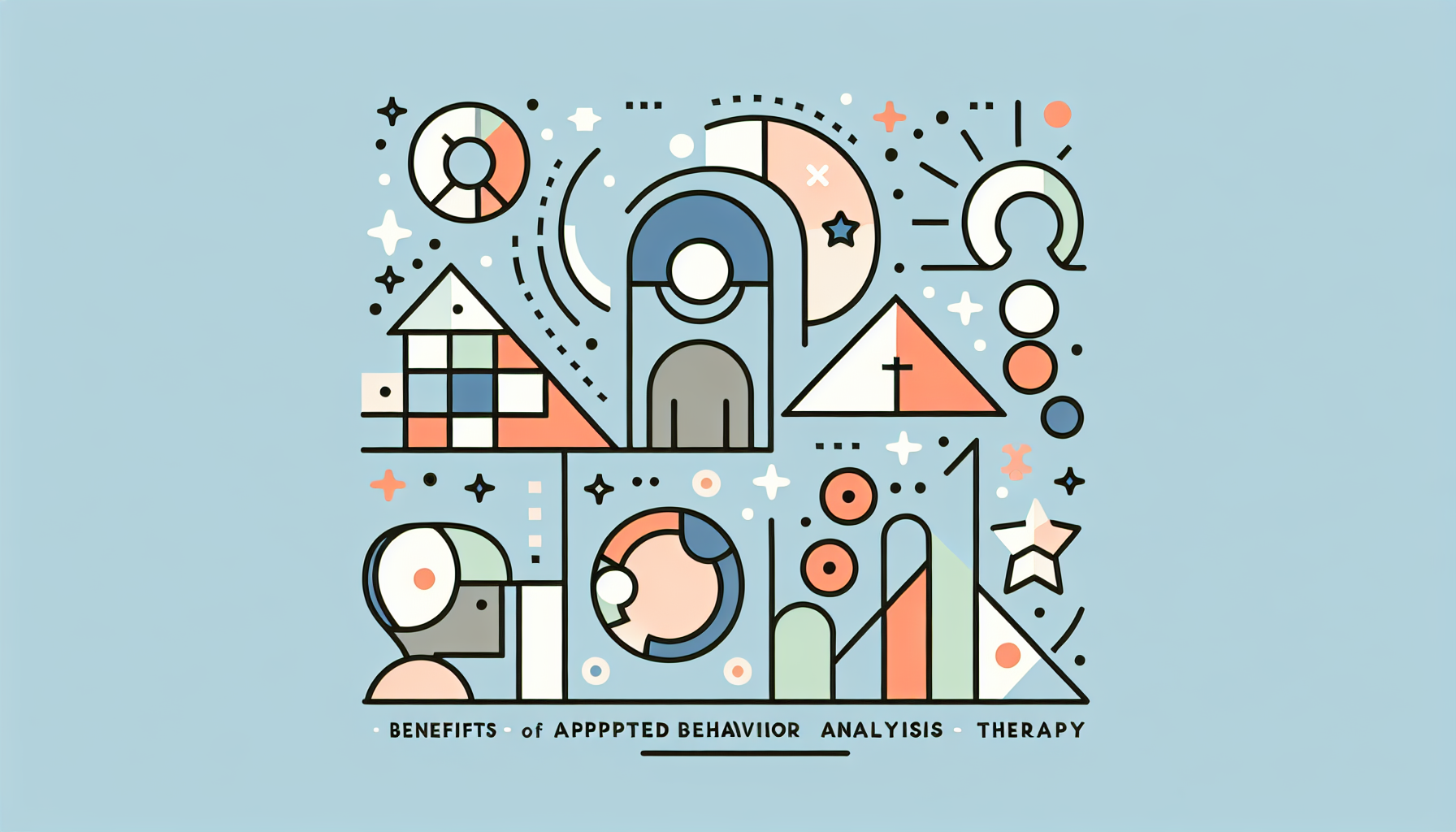
















.jpeg)







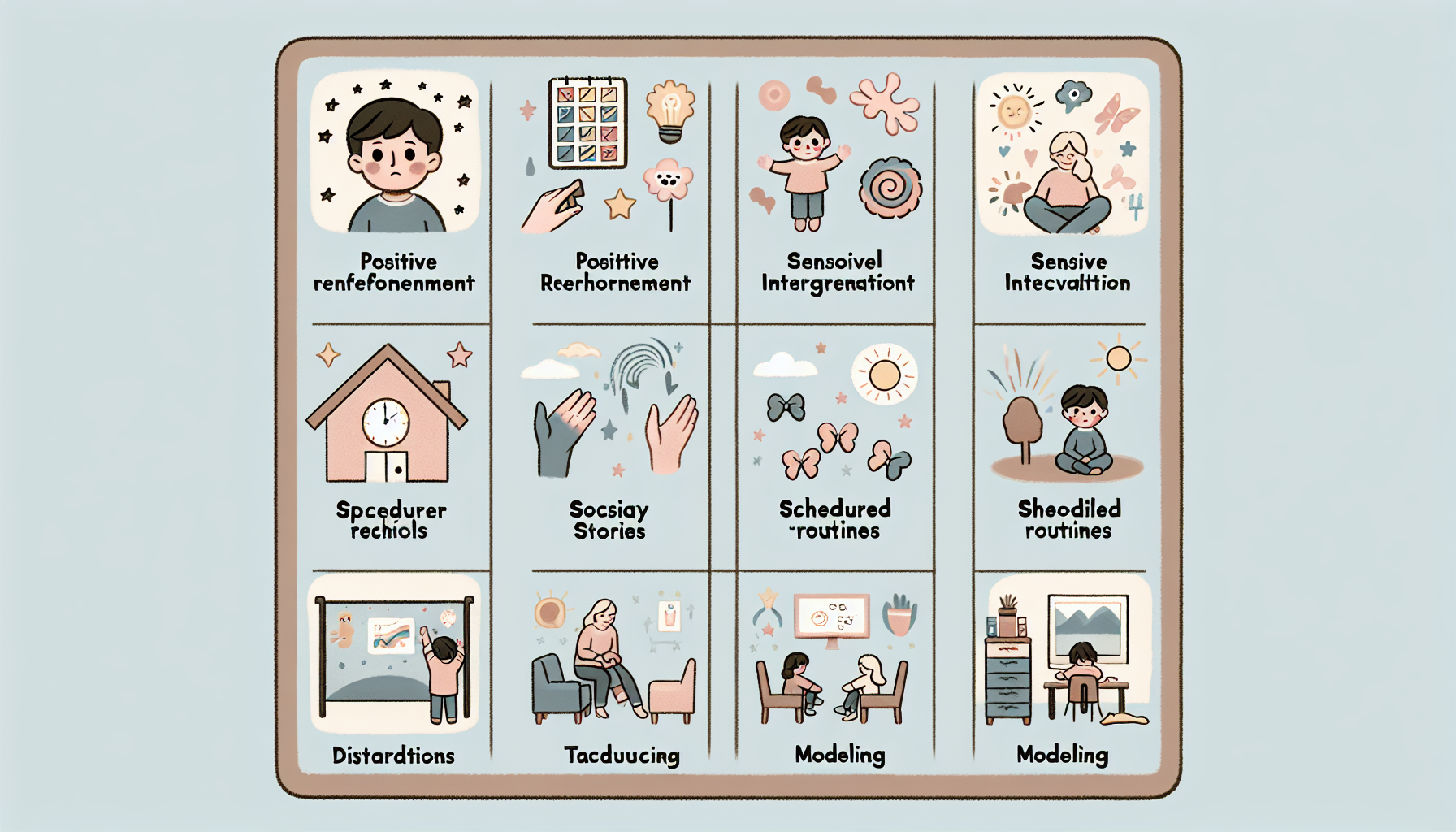

.jpeg)
.jpeg)



.jpeg)




